
The recent decision by the Norwegian Nobel Committee to award the 2025 Nobel Peace Prize to María Corina Machado [1] has ignited a storm of reactions across the global stage from passionate praise to fierce condemnation. For many, the choice symbolizes hope: a recognition of courage in the face of authoritarianism and an affirmation of the struggle for democracy in Venezuela. Yet for others, it represents a troubling politicization of one of the world’s most prestigious honors, raising uncomfortable questions about bias, Western influence, and the very definition of peace itself.
In a world already fractured by deep ideological divides, this decision touches a particularly raw nerve. Venezuela’s ongoing political crisis, marked by years of repression, economic collapse, and humanitarian suffering, is anything but straightforward. To some observers, awarding Machado who is a prominent opposition figure, is an act of moral clarity, acknowledging her steadfast defense of democratic principles. To others, it risks transforming the Peace Prize into a geopolitical statement rather than a recognition of reconciliation and harmony.
Ultimately, the debate forces us to confront a fundamental question: what does it truly mean to promote peace in an age when truth, justice, and democracy themselves are contested? Is peace merely the absence of war, or does it include the relentless pursuit of freedom in the face of oppression? The Nobel Committee’s decision, whatever one’s stance, has reignited a crucial global conversation about the purpose and power of moral recognition in a divided world.
The Official Justification and the Committee’s Logic
In its official statement, the Norwegian Nobel Committee asserted that María Corina Machado embodies the essence of Alfred Nobel’s original vision for the Peace Prize by advancing fraternity among nations, promoting disarmament, and fostering political cooperation for the greater good of humanity. According to the Committee, Machado’s leadership in uniting fragmented democratic forces within Venezuela’s opposition, her resistance to the militarization of civic life, and her consistent advocacy for a peaceful, negotiated transition to democracy collectively demonstrate a profound commitment to nonviolent change.
The Committee’s language was notably evocative. It described Machado as a “a brave and committed champion of peace who keeps the flame of democracy burning amidst a growing darkness.” [2] This rhetoric framed the award not merely as recognition of a political figure, but as a symbolic act that affirms moral courage and democratic endurance in a nation mired in political repression and economic despair.
International institutions and human rights organizations were quick to echo this sentiment. The United Nations Human Rights Office praised the decision as a validation of the Venezuelan people’s struggle for free and fair elections, as well as a gesture of solidarity with the victims of Nicolás Maduro’s regime. Several European leaders and advocacy groups similarly interpreted the award as a moral endorsement of civic resistance against authoritarianism and a reminder that democracy itself can be an instrument of peace.
Yet despite the eloquence of these justifications, controversy has persisted. Critics argue that the decision reflects a selective, even politicized, reading of Nobel’s intent that risks transforming the Peace Prize into a tool of ideological alignment rather than a beacon of universal principles. To detractors, the Committee’s logic appears less about the promotion of peace through reconciliation and more about rewarding defiance against regimes deemed illegitimate by Western powers.
This tension underscores a deeper philosophical question: Can political opposition, however justified, be equated with the pursuit of peace? By honoring a figure so deeply embedded in a polarized national struggle, the Nobel Committee may have blurred the boundary between moral advocacy and political partisanship. In doing so, it rekindles the age-old debate about whether the Nobel Peace Prize still embodies the impartial moral integrity that Alfred Nobel envisioned or in the complexities of the modern world, it has inevitably become a reflection of geopolitical narratives.
Harsh Criticism: A Prize Incompatible with “Peace”?
For many observers, the decision to award the Nobel Peace Prize to María Corina Machado represents a profound rupture with the Prize’s historical ethos that embodies a tradition meant to honor those who have tangibly contributed to the prevention of conflict, the fostering of reconciliation, and the promotion of peaceful coexistence among peoples and nations. Critics contend that, in this case, the Nobel Committee has rewarded not a peacemaker, but a polarizing political figure whose methods and rhetoric often appear antithetical to the ideals of dialogue and harmony.
The objections coalesce around three principal points:
- Accusations of Sedition and Support for Hostile Measures
From the perspective of Venezuela’s ruling government and its international allies, Machado has long embodied the image of an insurgent rather than a conciliator. They accuse her of inciting unrest, conspiring to undermine state institutions, and collaborating with foreign powers to destabilize the country. Within this narrative, she is portrayed not as a victim of repression but as an architect of confrontation tantamount to being a political strategist whose ultimate objective is regime change, irrespective of the social or humanitarian costs.
These accusations have been reinforced by a number of controversial statements attributed to Machado. Reports highlight her expressed solidarity with Israeli Prime Minister Benjamin Netanyahu [3] and her endorsement of assertive international stances against the Venezuelan government, allegedly justified by what she called “shared interests against common threats.” To her detractors, such remarks reveal not a commitment to nonviolence, but a readiness to court external intervention and legitimize coercive measures, such as sanctions or political isolation. In their view, these positions stand in stark contrast to the ethos of peacebuilding, which seeks to bridge divides rather than deepen them.
- Redefining the Concept of “Peace”
A second line of criticism centers on the redefinition — or perhaps, distortion is the more appropriate term — of the very concept of peace. Detractors argue that the Nobel Committee has stretched the moral framework of Alfred Nobel’s legacy beyond recognition, transforming “peace” from the art of reconciliation into a rhetorical endorsement of political resistance. Awarding the Prize to a figure accused of encouraging punitive sanctions, public unrest, or foreign involvement, they argue, contradicts the classical understanding of peace as the resolution of disputes through dialogue, diplomacy, and mutual recognition.
An editorial from CodePink [4], a U.S.-based peace organization, encapsulated this sentiment with striking bluntness:
“When María Corina Machado wins the Nobel Peace Prize, ‘peace’ has lost its meaning.”
For these critics, the 2025 award marks not a celebration of pacifism, but a rebranding of conflict as courage which is a sign that the Committee has begun to conflate political opposition with peace advocacy. What was once a moral compass, they suggest, now points not toward reconciliation but toward ideological alignment with Western liberal democracy, regardless of its consequences for national sovereignty or social stability.
- Geopolitical Influence and Political Instrumentalization
Beneath these immediate objections lies a broader and more unsettling critique: that the Nobel Peace Prize has become an instrument of soft power, serving to advance Western geopolitical narratives under the guise of universal moral judgment. From this perspective, honoring Machado is less about Venezuela’s internal reconciliation and more about rewarding political alignment with the democratic values championed by the United States and Europe.
Such interpretations recall earlier controversies, including the awards to Liu Xiaobo (2010) and Alexei Navalny (posthumously in 2024), both of which sparked similar debates about whether the Nobel Committee was engaging in moral recognition or political signaling. In this reading, the Prize no longer functions as a neutral moral beacon but as a diplomatic gesture which is a way to legitimize particular actors within broader ideological struggles.
For critics, then, the 2025 Peace Prize epitomizes a troubling evolution: the transformation of a once-universal ideal into a geopolitical instrument, where “peace” becomes synonymous with alignment to a specific world order rather than the pursuit of reconciliation among adversaries.
What Would Alfred Nobel Think?
To properly assess the controversy surrounding María Corina Machado’s Nobel Peace Prize, it is essential to return to the source as envisioned by Alfred Nobel himself. In his will, Nobel was unambiguous in articulating the Peace Prize’s purpose: it was to be awarded to “the person who shall have done the most or the best work for fraternity between nations, for the abolition or reduction of standing armies, and for the holding and promotion of peace congresses.” [5] This wording reveals a clear intent which is not merely to honor moral courage or political conviction but to recognize concrete, practical contributions to the prevention of war and the cultivation of harmony among peoples.
From this standpoint, one must ask: would Nobel have endorsed honoring a figure deeply enmeshed in her nation’s internal political struggle, and one who, according to her detractors, aligns with foreign powers to advance her cause? To many observers, the answer would be a resounding no. Nobel, an inventor haunted by the destructive potential of his own creation, sought to promote disarmament, dialogue, and international cooperation. The notion of celebrating a political leader engaged in confrontation with her own government regardless of how justified her opposition may appear seems far removed from that original pacifist spirit. Indeed, critics have gone so far as to suggest that Nobel would be “turning in his grave,” dismayed to see how his legacy has been reshaped to fit modern political narratives rather than universal moral principles.
Yet, the question is not entirely one-sided. History and moral philosophy rarely stand still. One could plausibly argue that Nobel’s conception of peace must evolve with the times, so that in a century defined less by open warfare and more by authoritarianism, repression, and human rights abuses, peace may no longer mean the absence of armed conflict alone. By this logic, those who non-violently resist tyranny, defend civil liberties, and uphold democratic ideals could be seen as working toward a more enduring form of peace rooted in justice and human dignity. Under this interpretation, awarding Machado could be viewed as a symbolic affirmation of moral resistance rather than an endorsement of confrontation.
Still, this argument faces a critical limitation. While Machado’s defenders emphasize her courage and steadfastness, there is little evidence of reconciliation or bridge-building in her political trajectory. Her discourse has often been combative, her alliances sharply polarized, and her strategies primarily oppositional. Peace, in Nobel’s sense, requires not only the courage to resist injustice but also the willingness to heal divisions and foster dialogue which are qualities that, at least thus far, have not prominently characterized her approach.
In the end, the question of what Alfred Nobel would think is less a matter of speculation than a mirror reflecting the evolving meaning of peace itself. If peace is redefined as resistance to tyranny, then the Committee’s choice finds justification. But if it remains, as Nobel intended, a commitment to fraternity, disarmament, and reconciliation, then the 2025 award marks a troubling departure from that ideal.
Consequences: Outrage, Legitimacy, and the Future of the Nobel Prize
The decision to award the 2025 Nobel Peace Prize to María Corina Machado will not fade quietly into the annals of history. Rather, it stands as a moment of reckoning for the Nobel Committee, whose choices have long shaped the world’s moral imagination. This year’s selection may prove to be more than a single controversy; it could signal a turning point in how the global community perceives the Prize’s meaning, integrity, and purpose. The immediate reactions of outrage, disbelief, and division suggest that the consequences will extend far beyond Venezuela’s borders, touching the very credibility of the Nobel institution itself.
- Loss of Legitimacy
Perhaps the most serious consequence is the potential erosion of the Nobel Peace Prize’s moral legitimacy. For over a century, the Prize has been regarded as a near-sacred emblem of conscience, i.e., an acknowledgment that peace, even when fragile, remains humanity’s highest aspiration. Yet, many now view this year’s decision as evidence that the Committee has abandoned its traditional impartiality and succumbed to political motivations.
If the Peace Prize is increasingly perceived not as a universal moral judgment but as a symbolic endorsement of specific political agendas, its authority may wane. The more the Prize appears entangled in geopolitical alignments, the less it can claim to stand above them. In this sense, the controversy surrounding Machado’s award is not merely about one recipient but also about whether the Nobel Peace Prize can continue to function as a credible moral compass in a world saturated with ideological conflict.
- Global Polarization
The second consequence is a likely deepening of international polarization. The Nobel Peace Prize has always carried a global resonance, but when it appears to reward one side of a contested political struggle, it risks amplifying rather than healing divisions. Supporters of Machado will celebrate the award as a moral victory for democracy and human rights; her opponents will denounce it as another example of Western interference in the affairs of the Global South.
In this context, the Prize becomes less a unifying moral gesture and more an ideological weapon, wielded in global debates about legitimacy, sovereignty, and justice. Future awards may thus be interpreted less through ethical criteria and more through a political lens, not as recognition of peace, but as confirmation of alignment with particular power blocs or narratives.
- Distorted Incentives
A subtler but equally troubling outcome lies in the creation of distorted incentives for future political actors. If figures engaged in confrontation or opposition movements are rewarded as “peace champions,” others may come to view political struggle and provocation as pathways to international recognition. This dynamic could paradoxically reward defiance over dialogue, and visibility over genuine reconciliation.
Rather than inspiring diplomacy or compromise, the Prize might begin to valorize political drama by rewarding those who attract global attention, even through confrontation, rather than those who work quietly to bridge divides. Such a shift would mark a profound departure from the Prize’s intended role as a celebration of constructive peacebuilding and moral courage rooted in restraint.
- Public Distrust and Institutional Decline
Finally, the controversy may accelerate a broader crisis of trust in moral and international institutions. Once an institution of conscience is perceived as politicized, credibility becomes exceedingly difficult to restore. The aura of impartiality that once surrounded the Nobel Peace Prize with the belief that it transcended ideology and spoke to the shared conscience of humanity could be permanently tarnished.
Future laureates may find their recognition overshadowed by suspicion: not “What did this person achieve?” but rather “Whose interests does this award serve?” Such cynicism, once entrenched, undermines not only the Nobel Committee but the very idea that moral recognition can exist outside politics.
If the global backlash to this year’s decision is any indication, many around the world feel that the Nobel Peace Prize as a sacred symbol has been compromised, its moral purity diluted by partisanship and geopolitical calculation. Whether the Committee can reclaim its credibility in the years ahead will depend not only on future choices, but on its willingness to reaffirm the universal, apolitical ideals that Alfred Nobel envisioned more than a century ago.
Conclusion: Between Symbol and Substance
The Nobel Peace Prize has always stood at the delicate intersection between symbol and substance, i.e., between moral aspiration and the messy realities of global politics. To endure as one of humanity’s highest honors, it must remain more than a ceremonial accolade or a geopolitical trophy. It must continue to embody the moral integrity, universality, and ethical courage that Alfred Nobel envisioned when he sought to honor those who build bridges rather than burn them.
In the case of María Corina Machado, the award has illuminated a profound and unsettling tension: are we celebrating those who genuinely build peace through reconciliation, forgiveness, and healing or those whose political narratives happen to align with the strategic interests of powerful nations? This question lies at the heart of the current controversy, and its implications extend far beyond Venezuela or the Nobel Committee itself. It forces us to confront how easily the language of peace can be appropriated, politicized, and redefined in a world where moral capital is increasingly leveraged for political gain.
If the Committee has indeed betrayed Nobel’s original intent, it risks eroding not only its own credibility but also the very moral authority that allows the Peace Prize to serve as a beacon in times of cynicism and conflict. Yet, if it has instead adapted his vision to the complexities of the modern era where oppression may take new forms and peace may require new forms of resistance then this decision may one day be viewed as a bold, if controversial, act of moral evolution. Only history, with the clarity of distance, can render that judgment.
Still, one truth remains clear: this episode has compelled the world to reexamine the meaning of peace itself. Peace is not a word to be used lightly, nor a banner to be waved for political convenience. It is a moral covenant that demands honesty, empathy, and humility from all who claim to act in its name. The Nobel Committee, and indeed the global community, must remember that peace without integrity is only an illusion, and recognition without moral substance risks hollowing out the very ideals it seeks to celebrate.
Ultimately, the legacy of the 2025 Nobel Peace Prize will depend on whether it sparks division or reflection. If it provokes genuine introspection, i.e., a return to first principles, to the ethical core of Nobel’s vision, then even controversy may serve a constructive purpose. But if it merely entrenches polarization and cynicism, then the Prize will have drifted dangerously far from its moral foundation. The world does not need symbols of peace that serve power; it needs symbols that remind power of its responsibility to humanity.
*
Click the share button below to email/forward this article. Follow us on Instagram and X and subscribe to our Telegram Channel. Feel free to repost Global Research articles with proper attribution.
Prof. Ruel F. Pepa is a Filipino philosopher based in Madrid, Spain. A retired academic (Associate Professor IV), he taught Philosophy and Social Sciences for more than fifteen years at Trinity University of Asia, an Anglican university in the Philippines. He is a Research Associate of the Centre for Research on Globalization (CRG).
Notes
[1] Nobel Peace Prize 2025 – Press release – NobelPrize.org
[3] María Corina Machado pide a Netanyahu intervención militar
[5] About the Nobel Peace Prize – Nobel Peace Prize
Featured image is by Niklas Elmehed © Nobel Prize Outreach / Source
Global Research is a reader-funded media. We do not accept any funding from corporations or governments. Help us stay afloat. Click the image below to make a one-time or recurring donation.


 1 day ago
2
1 day ago
2

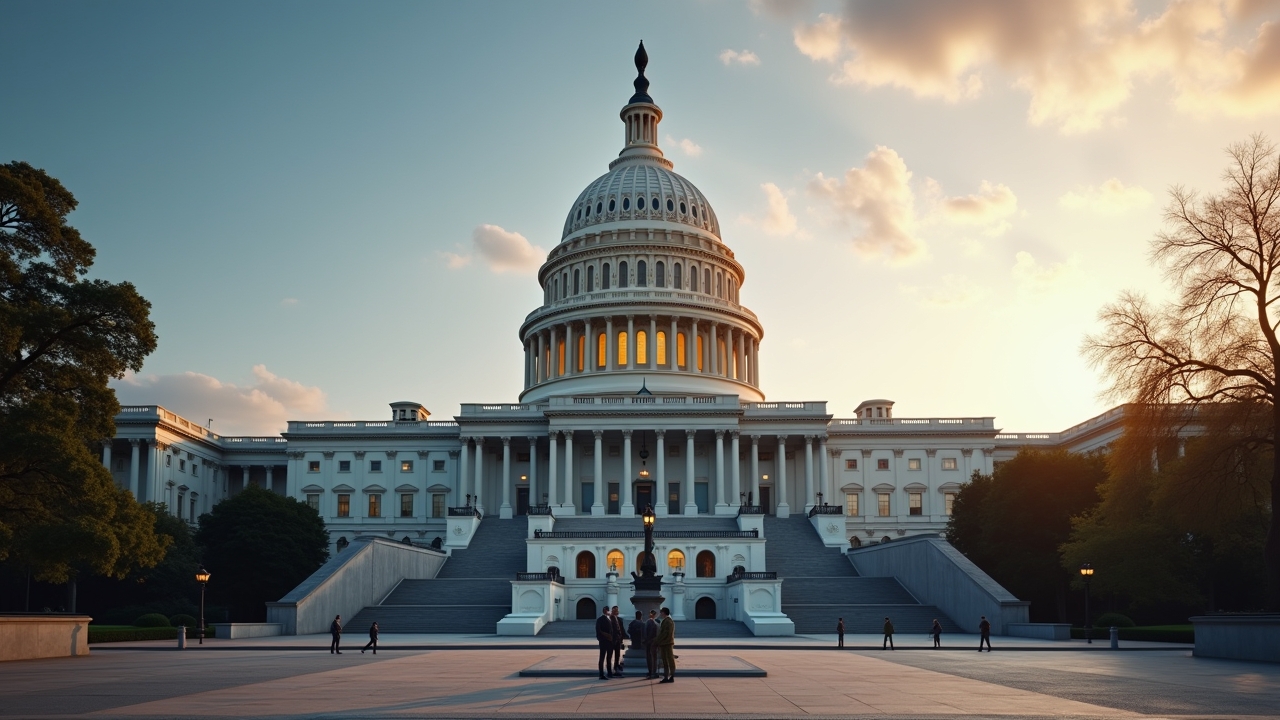
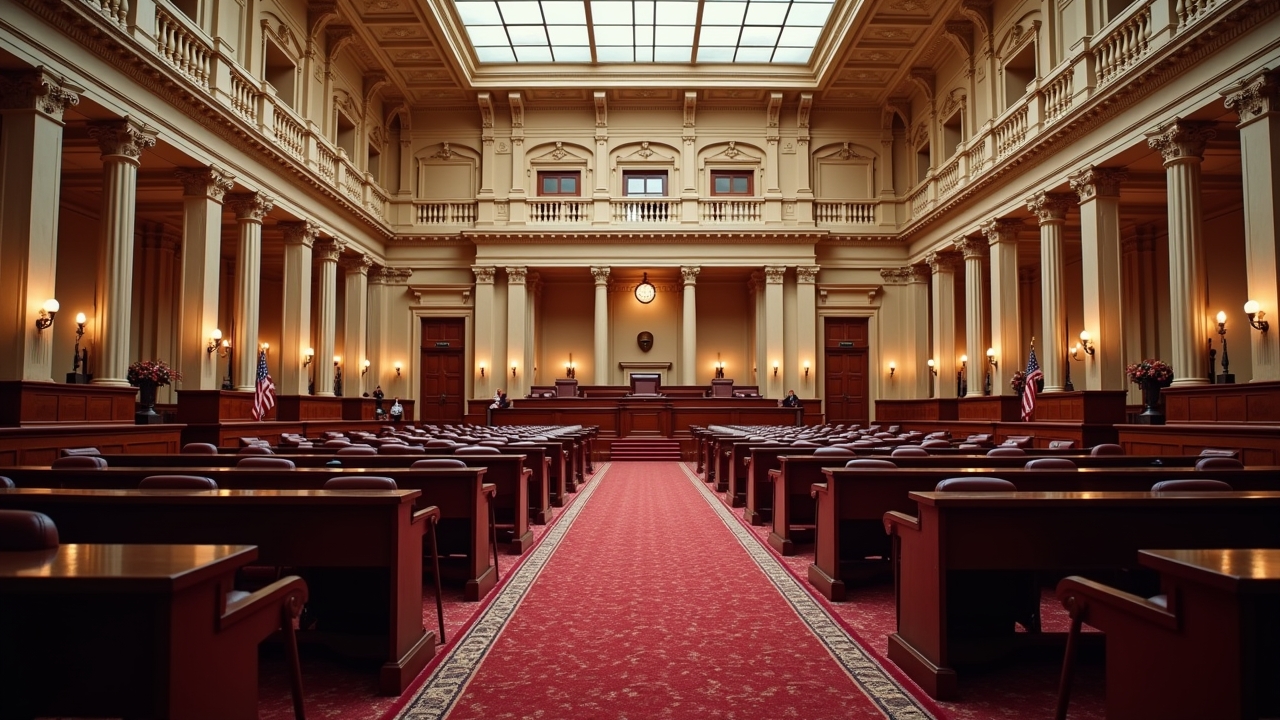
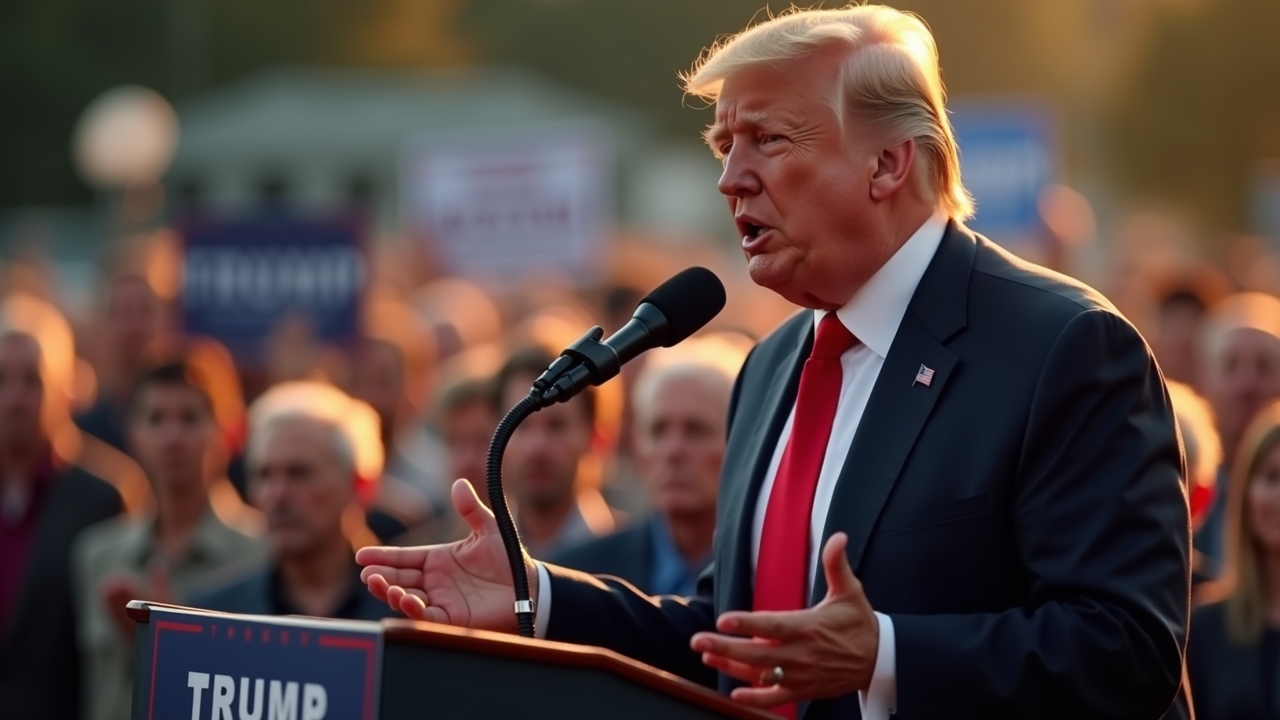
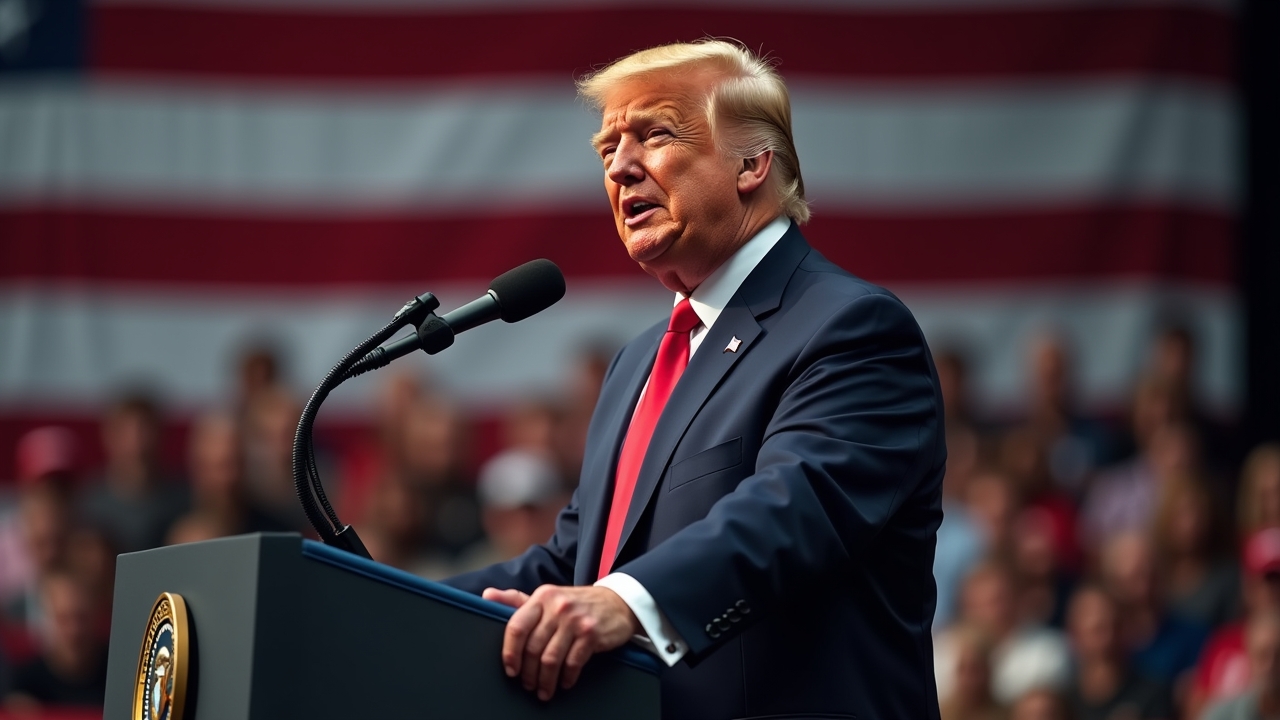

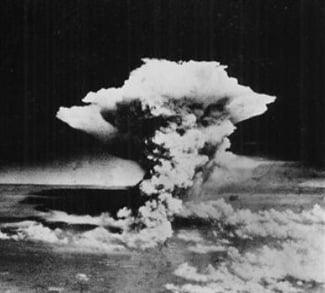

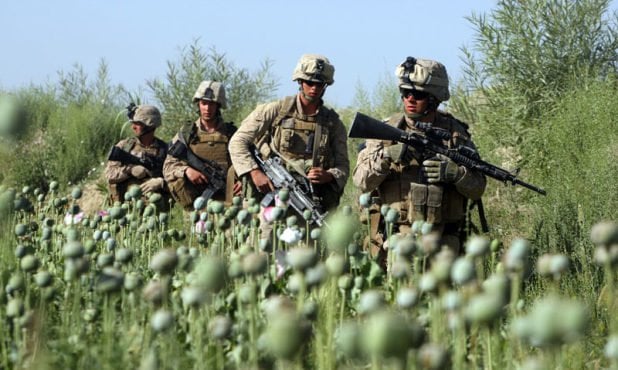










.jpg)






 English (US) ·
English (US) ·  French (CA) ·
French (CA) ·